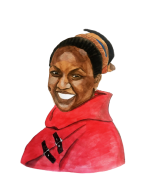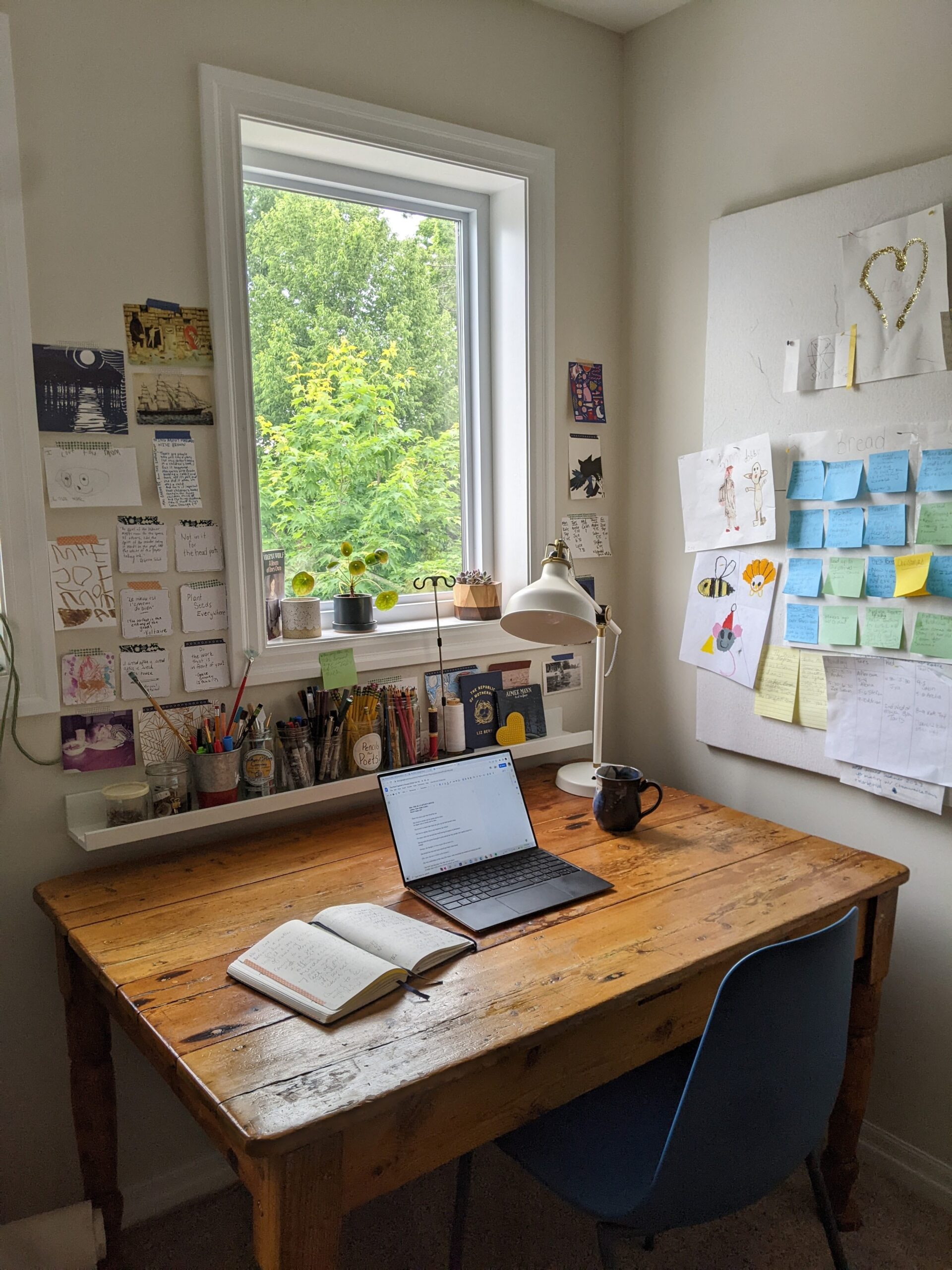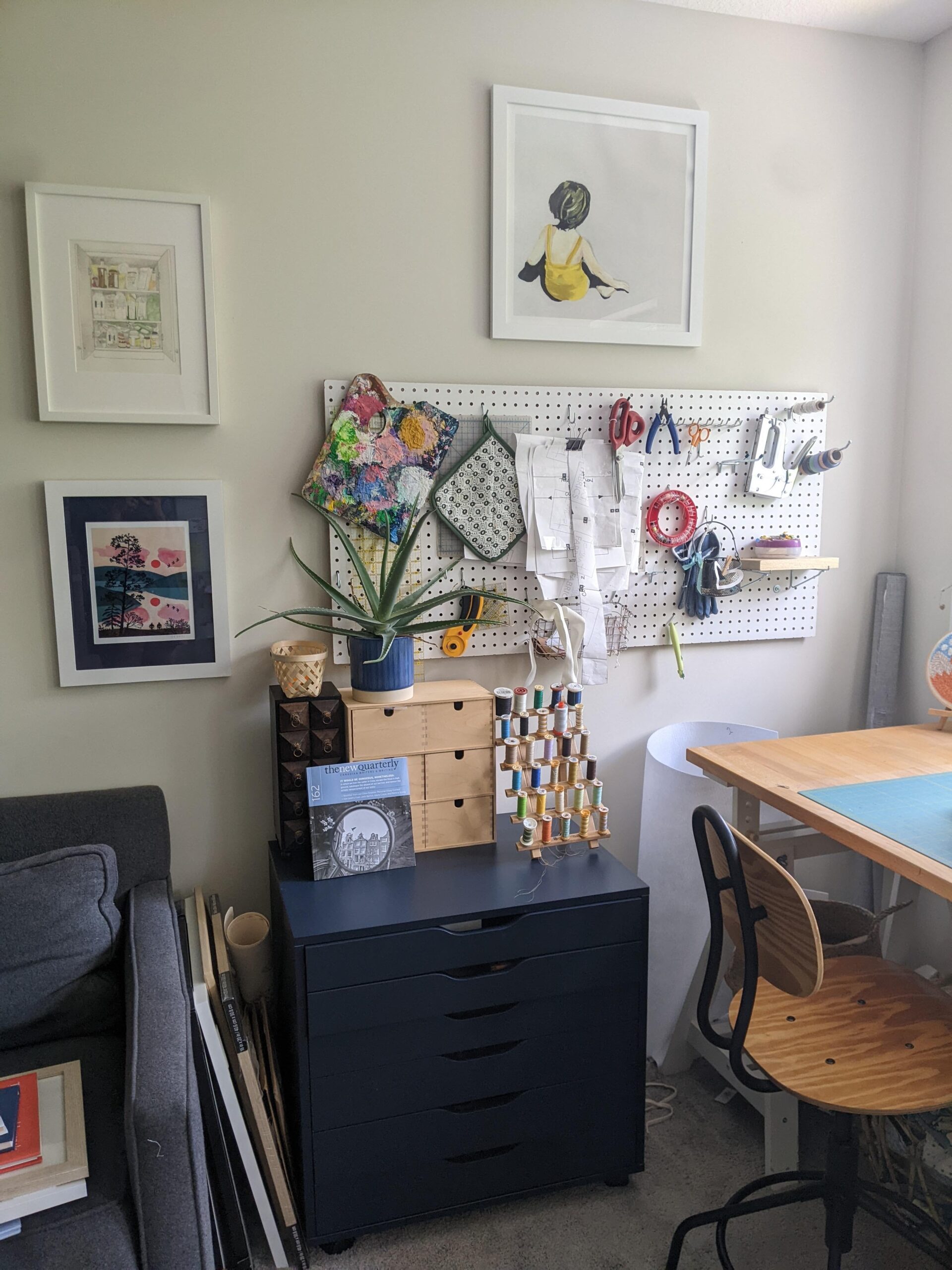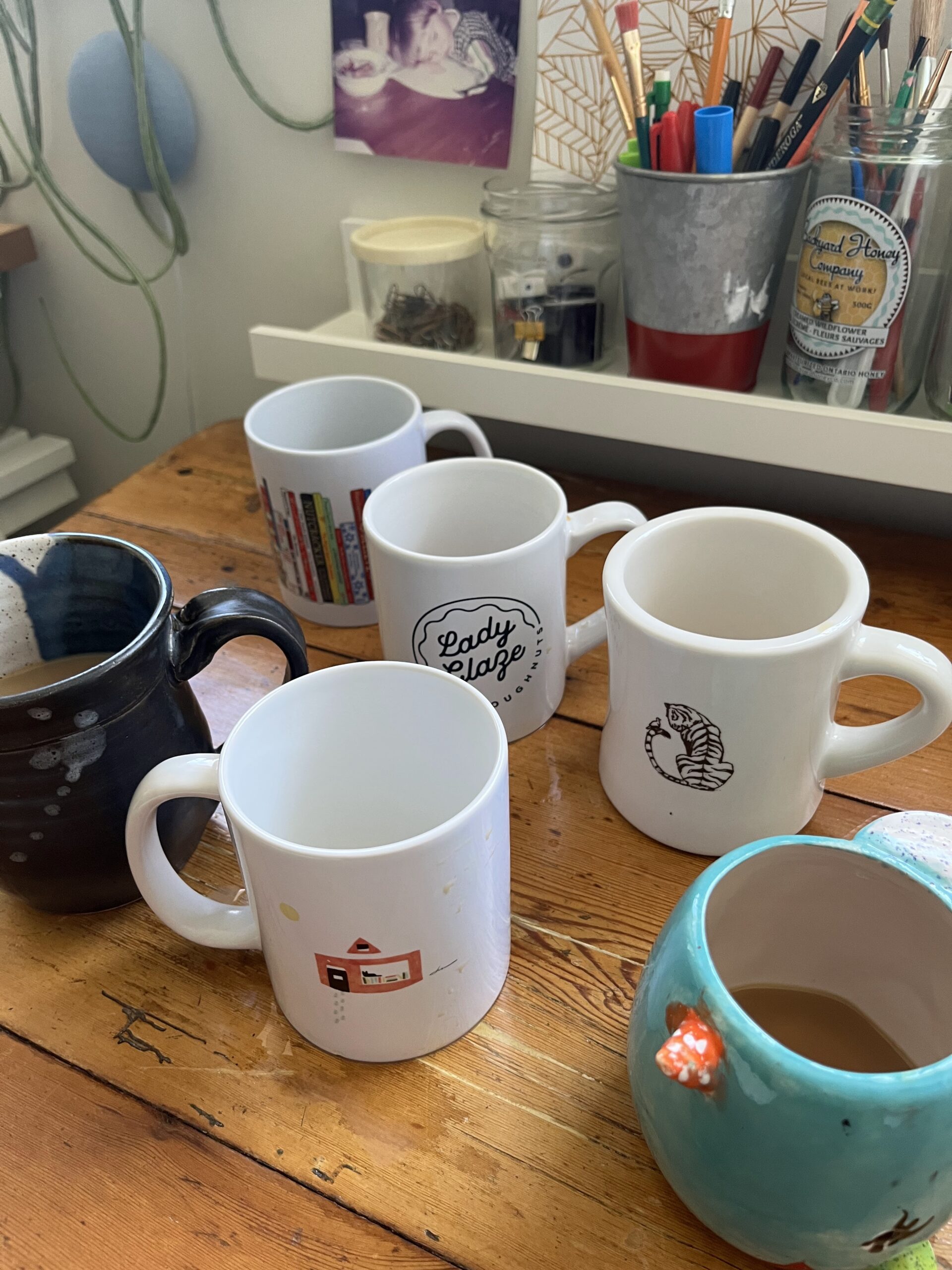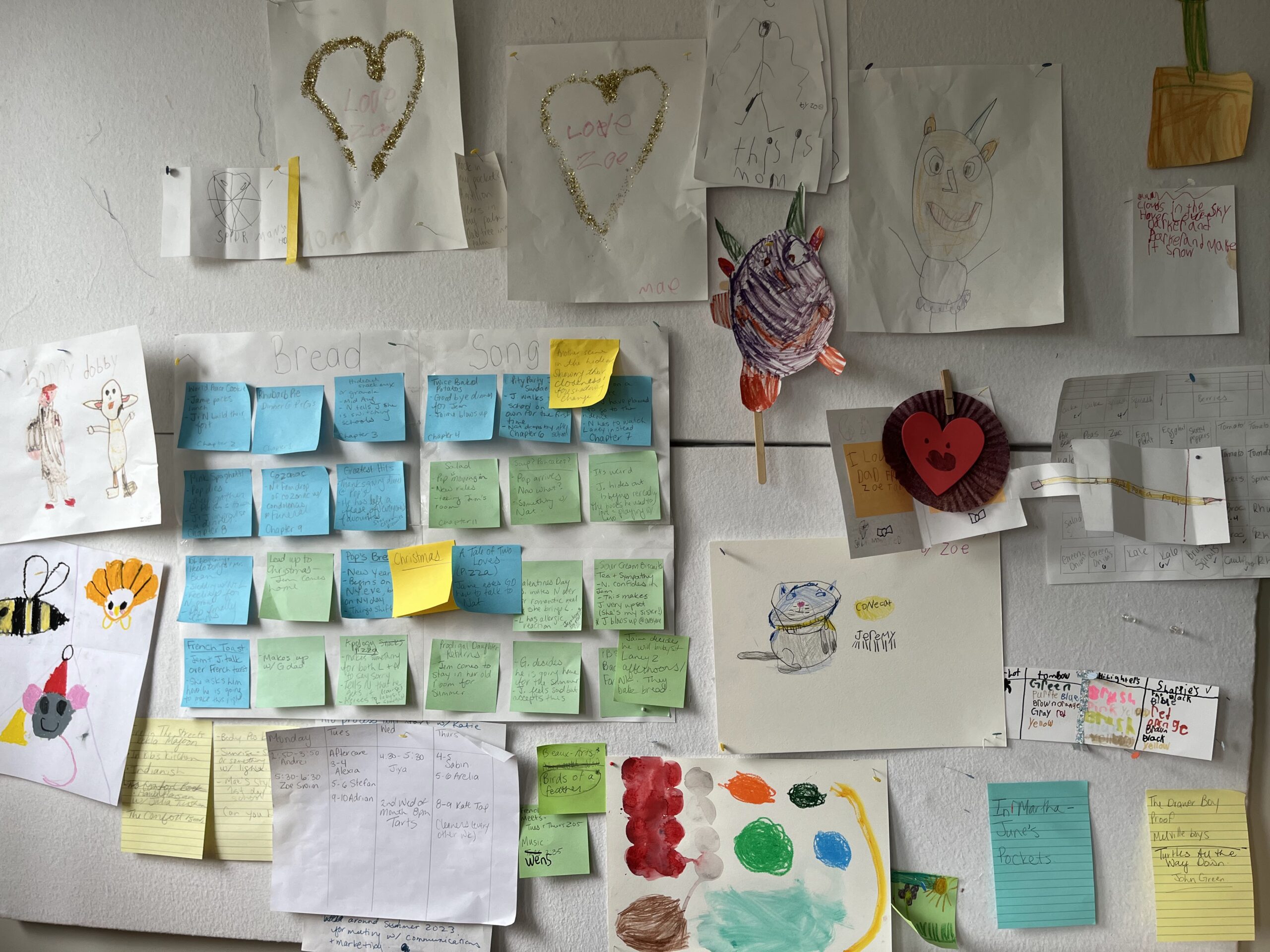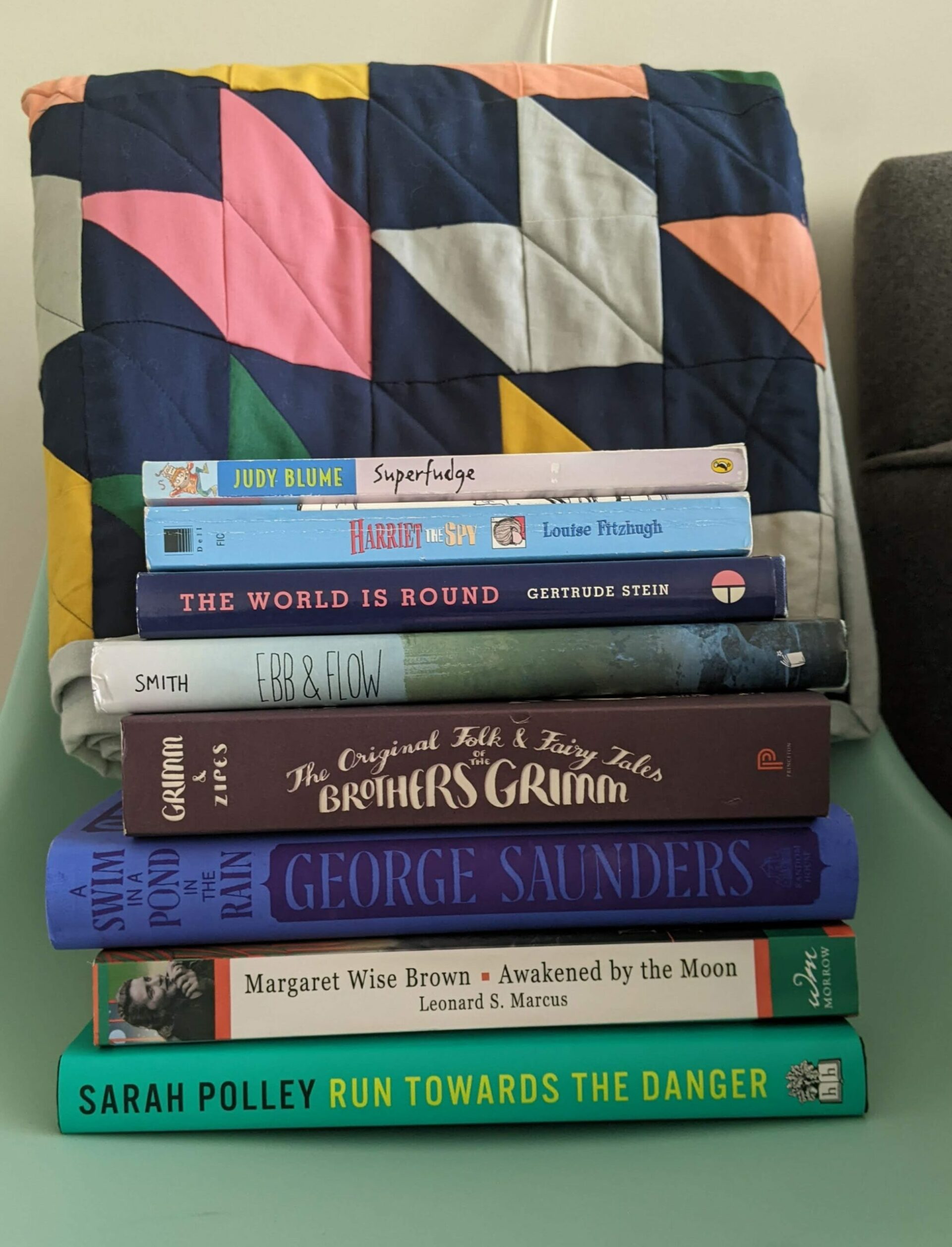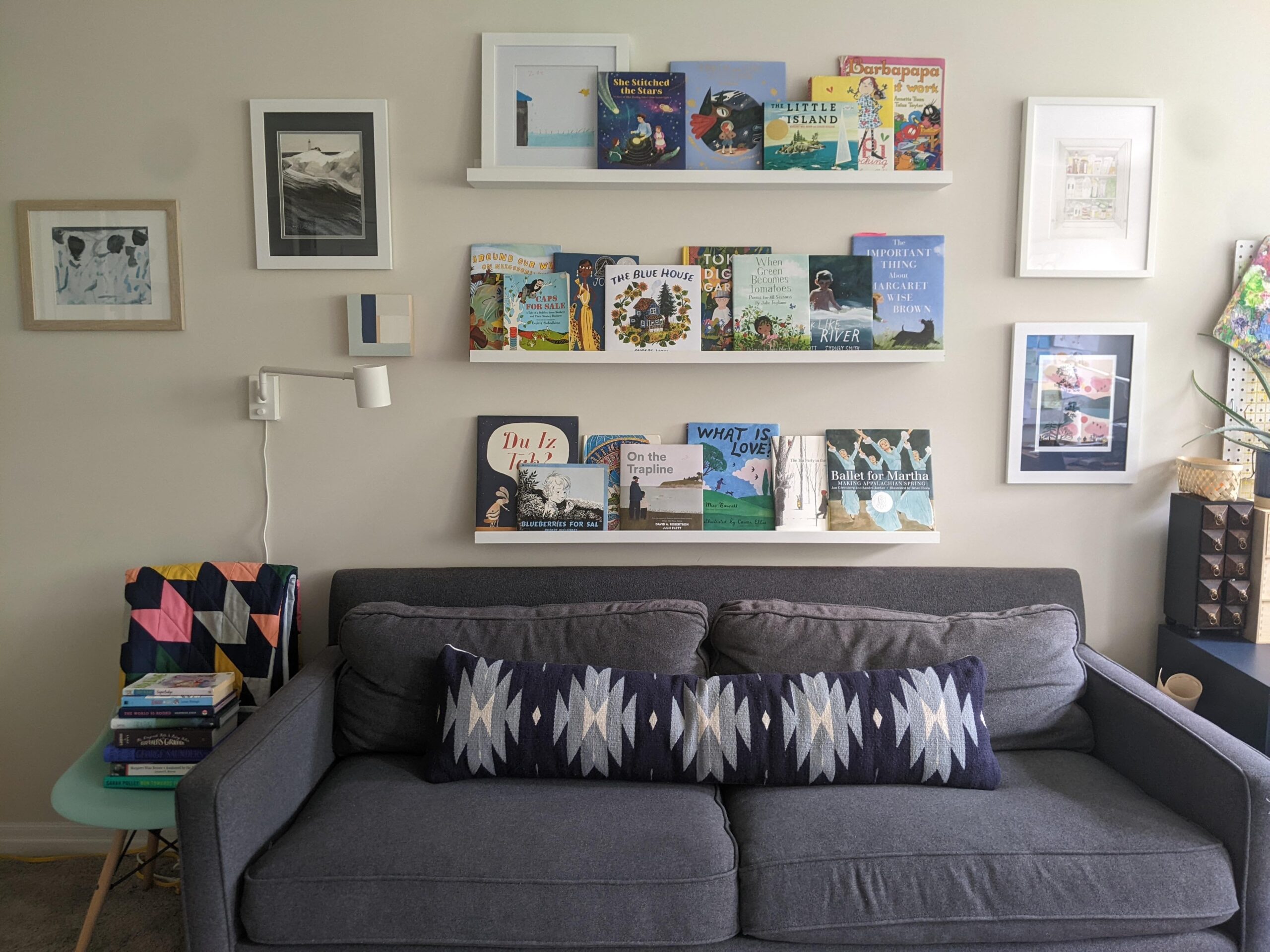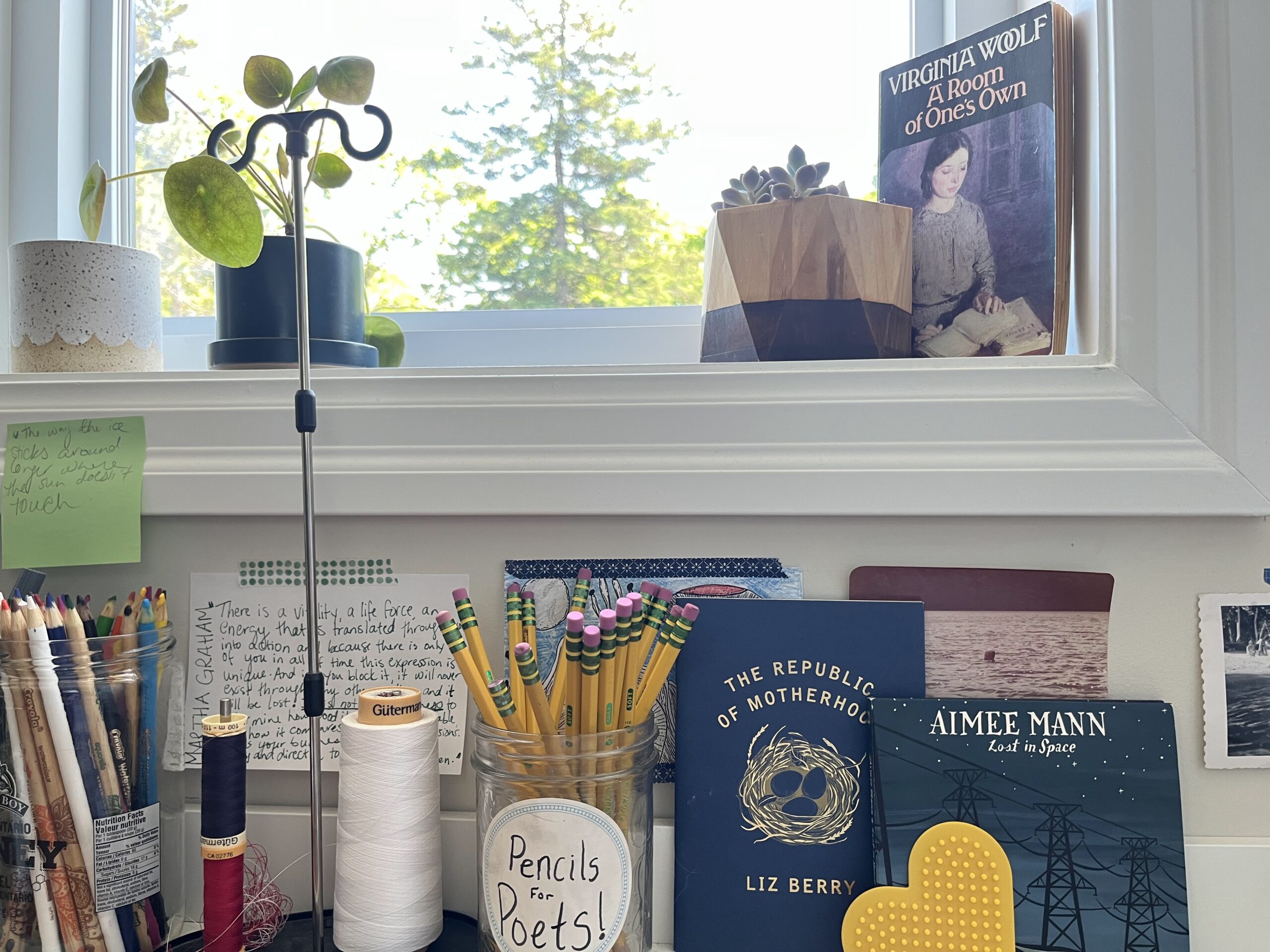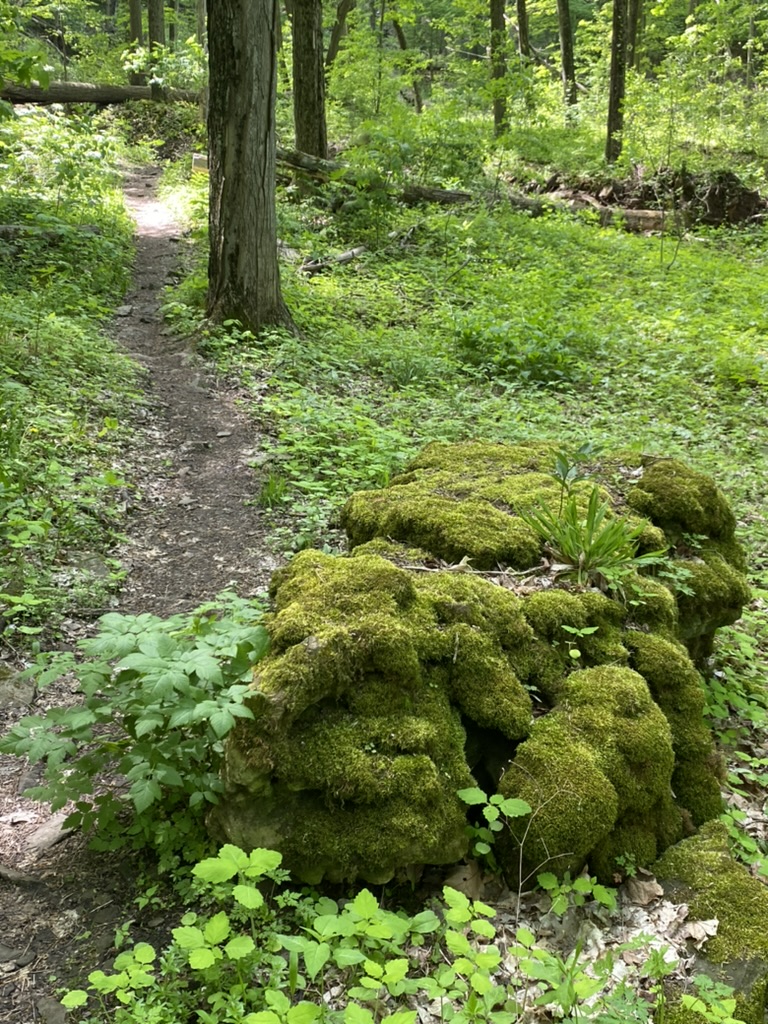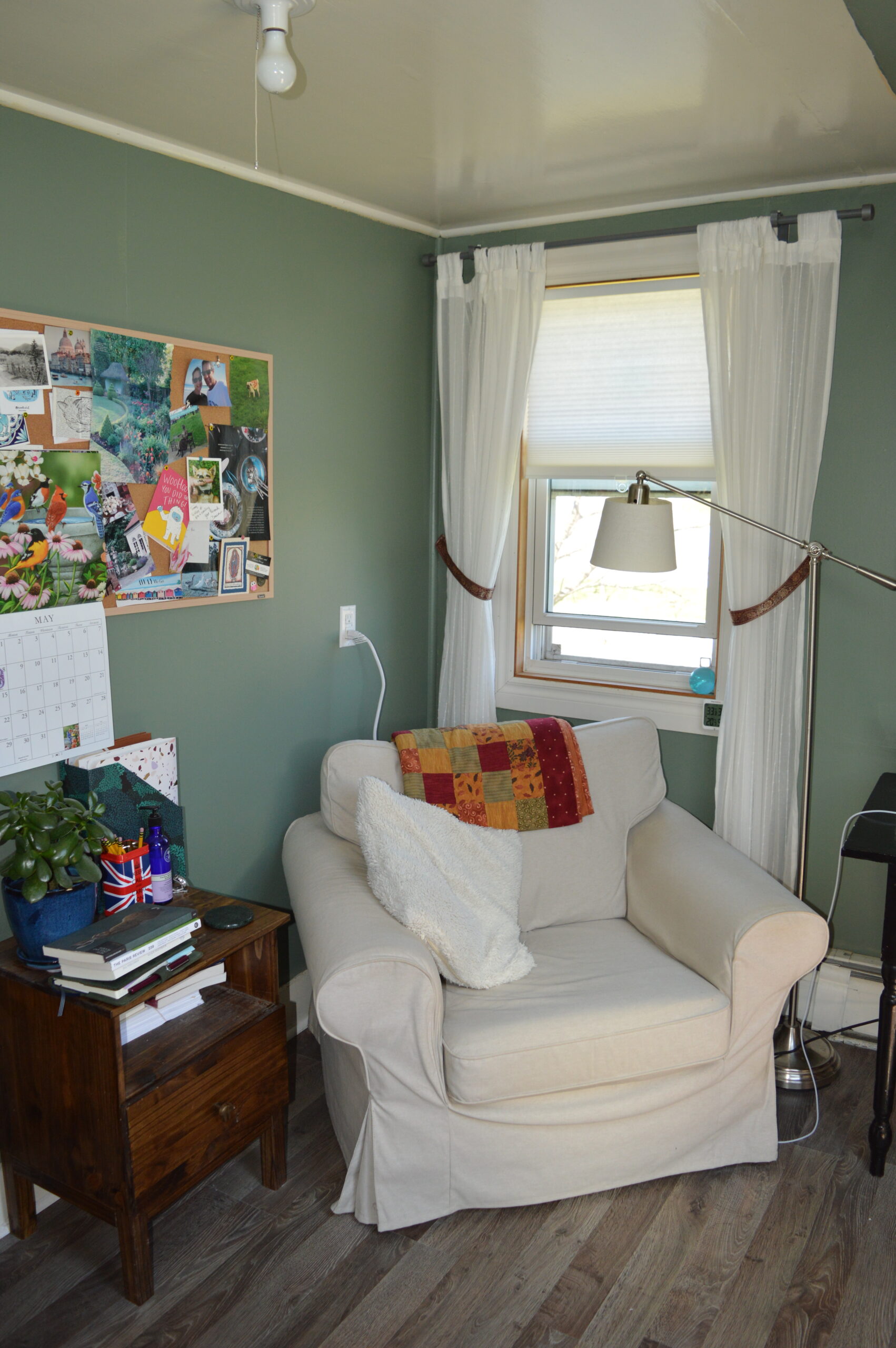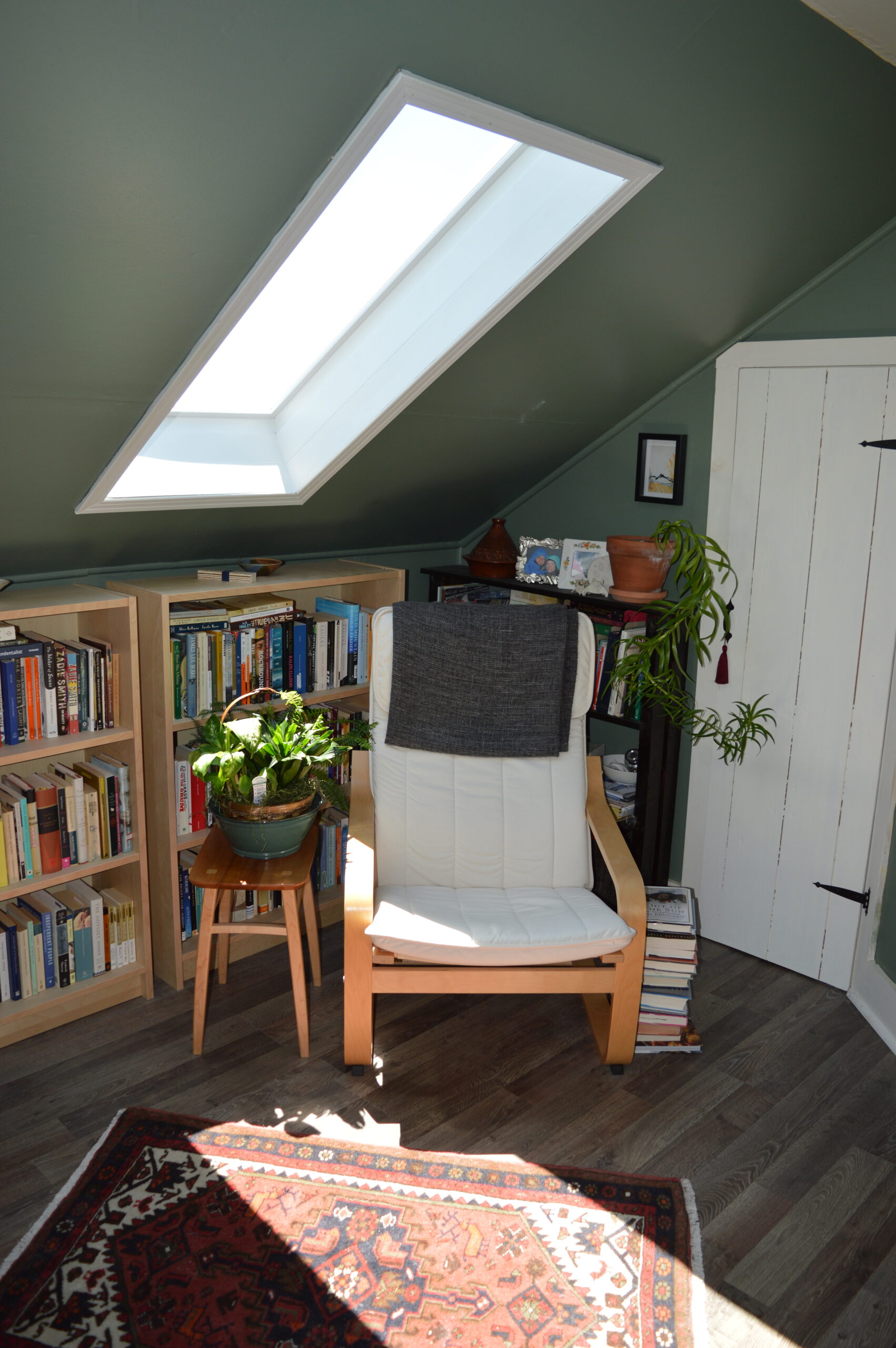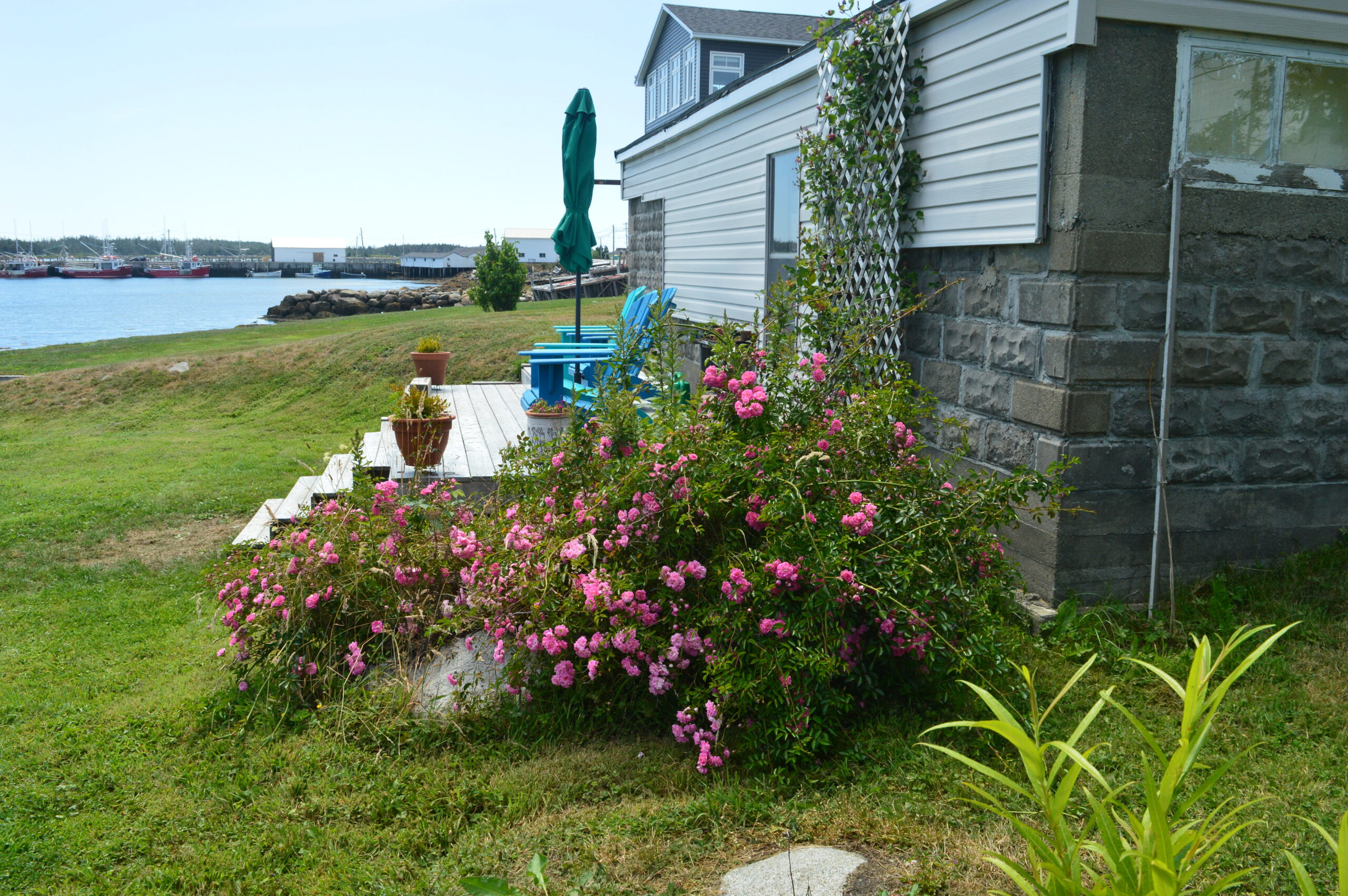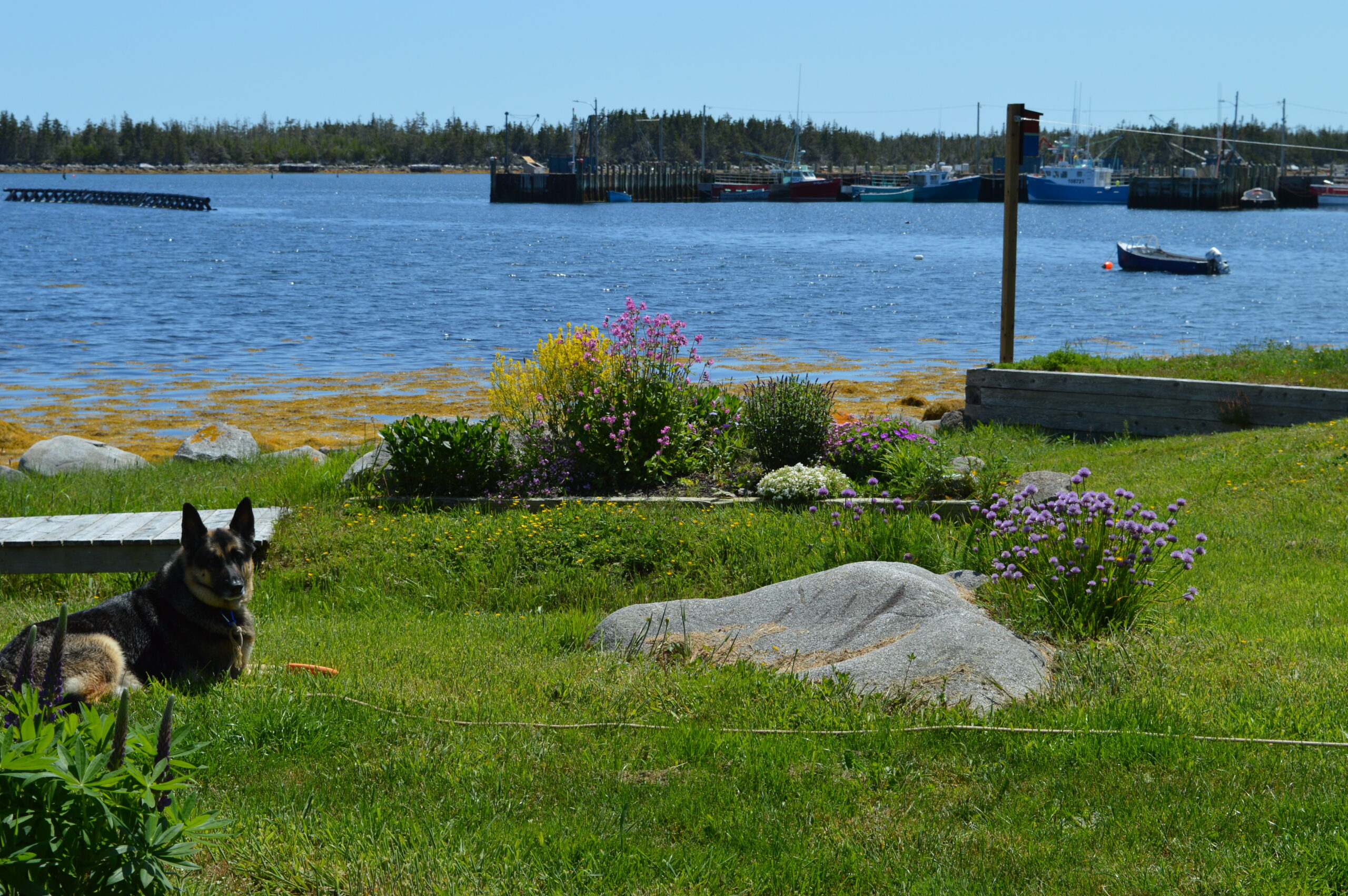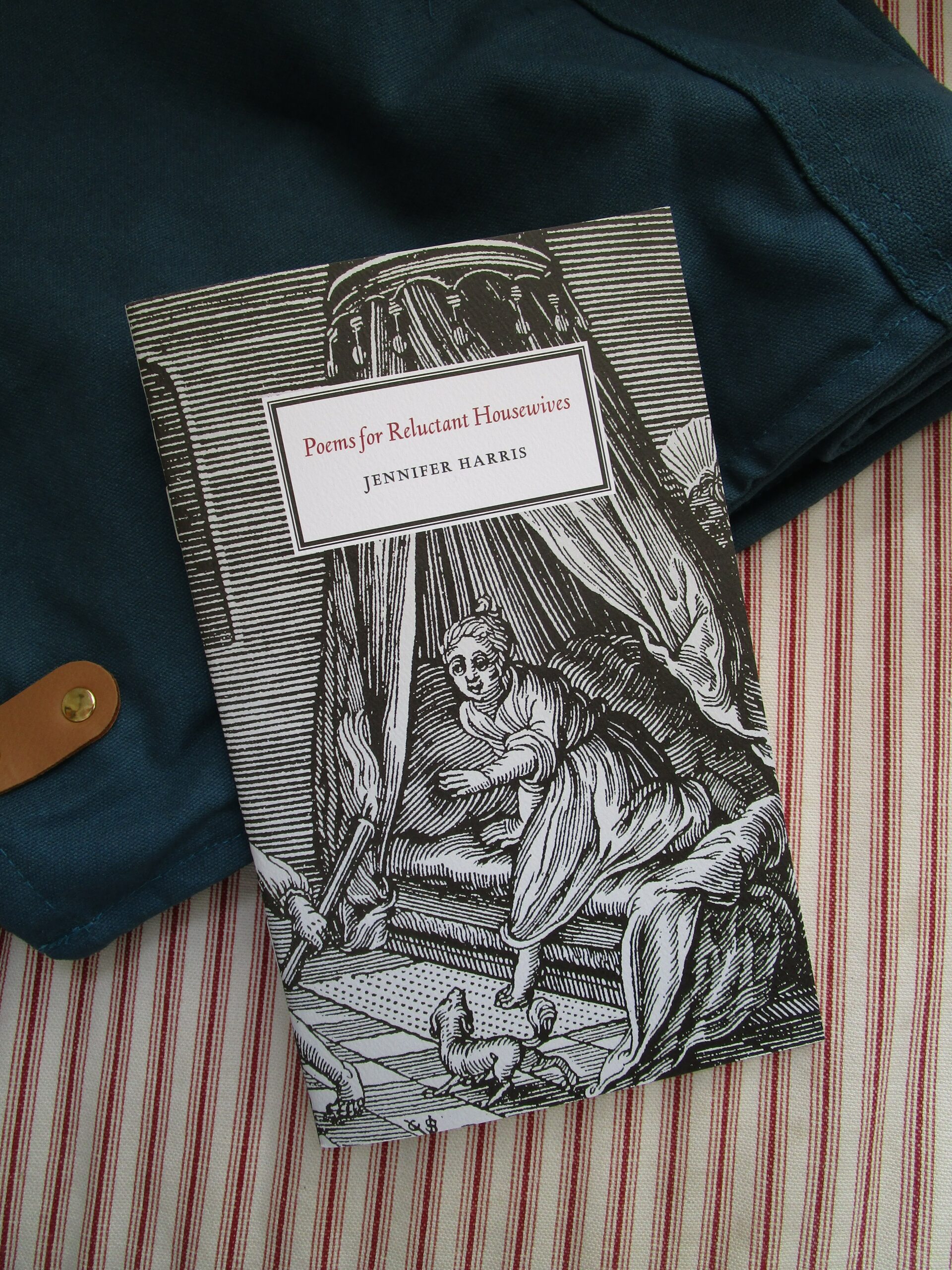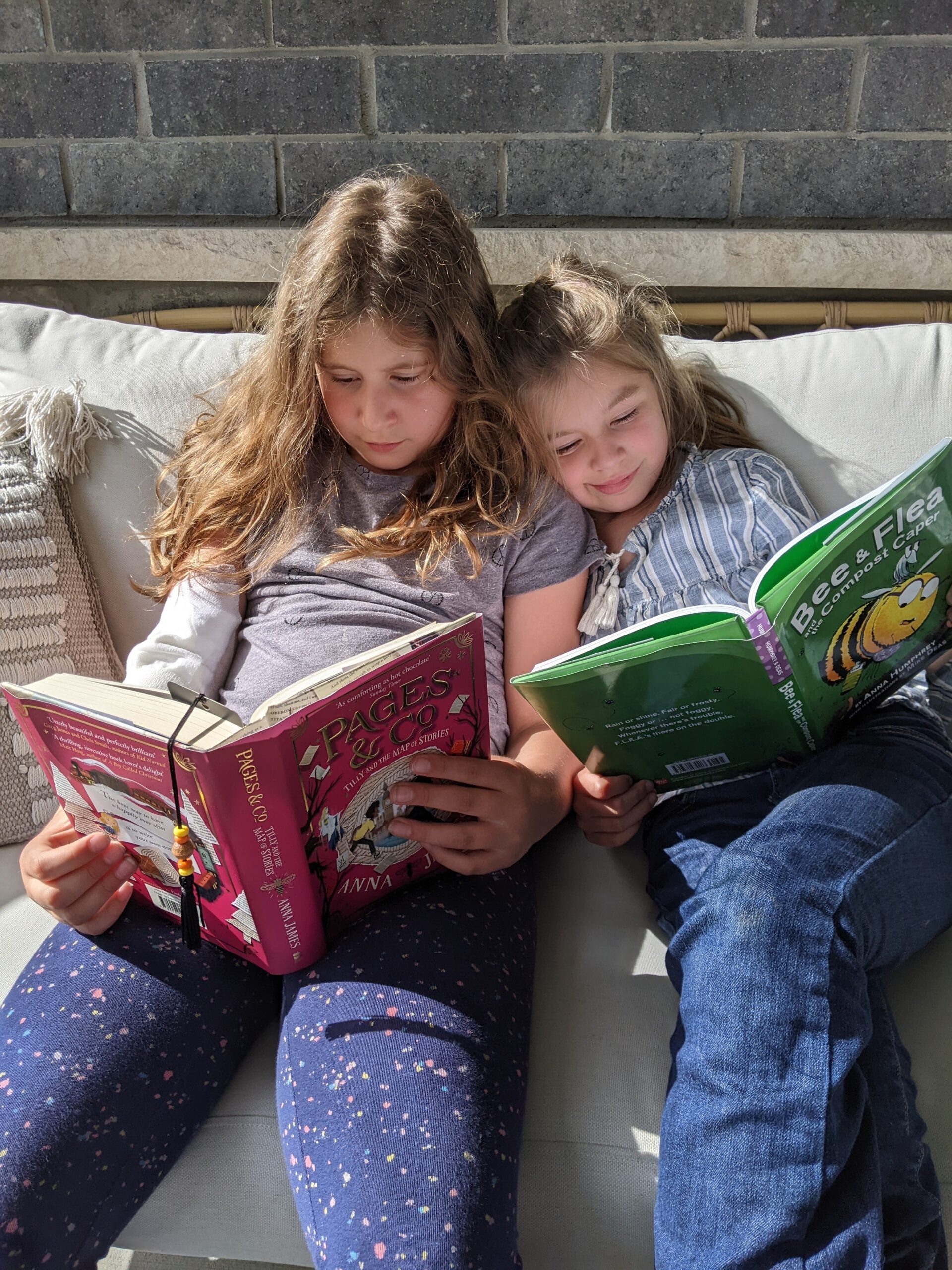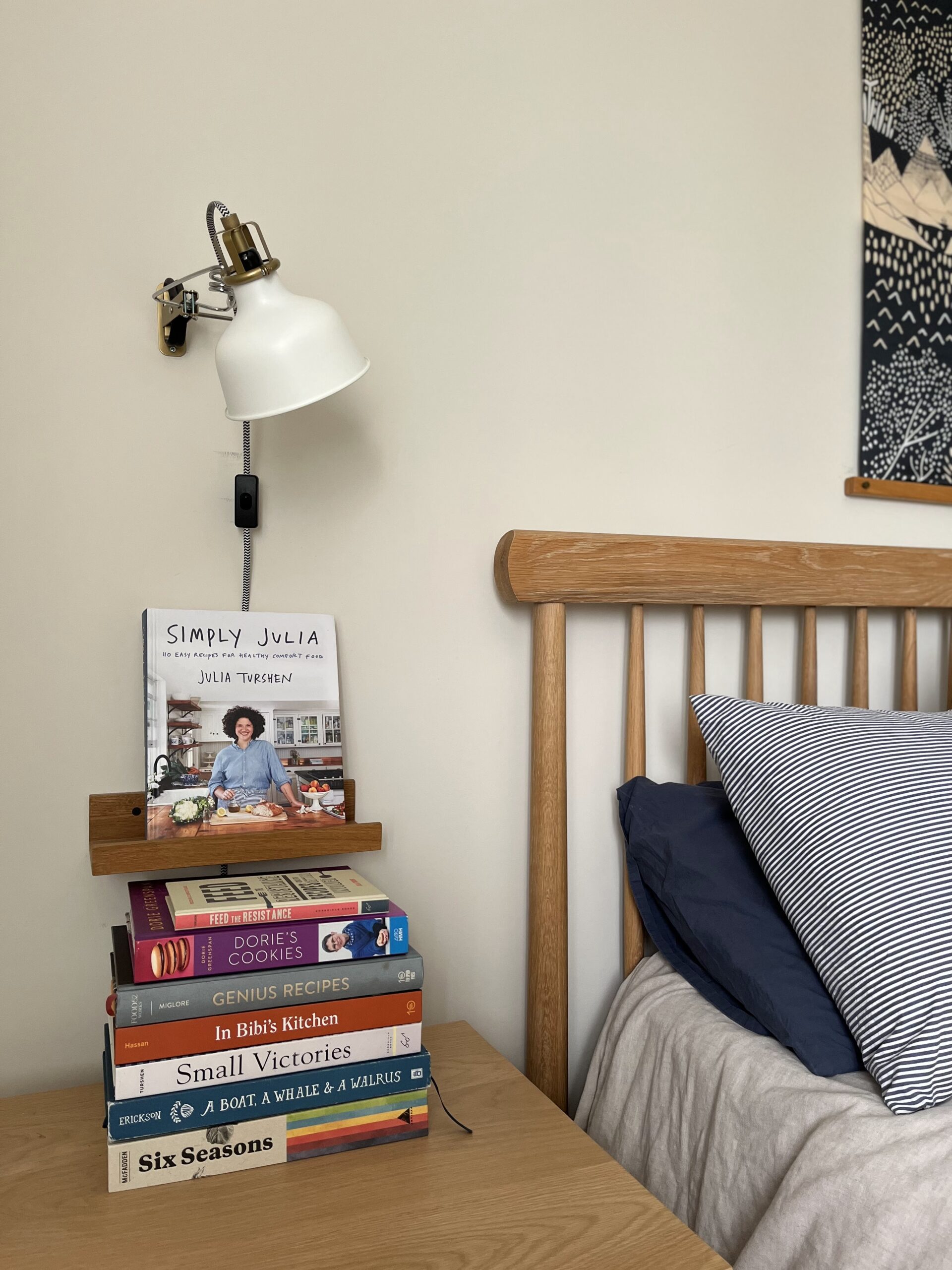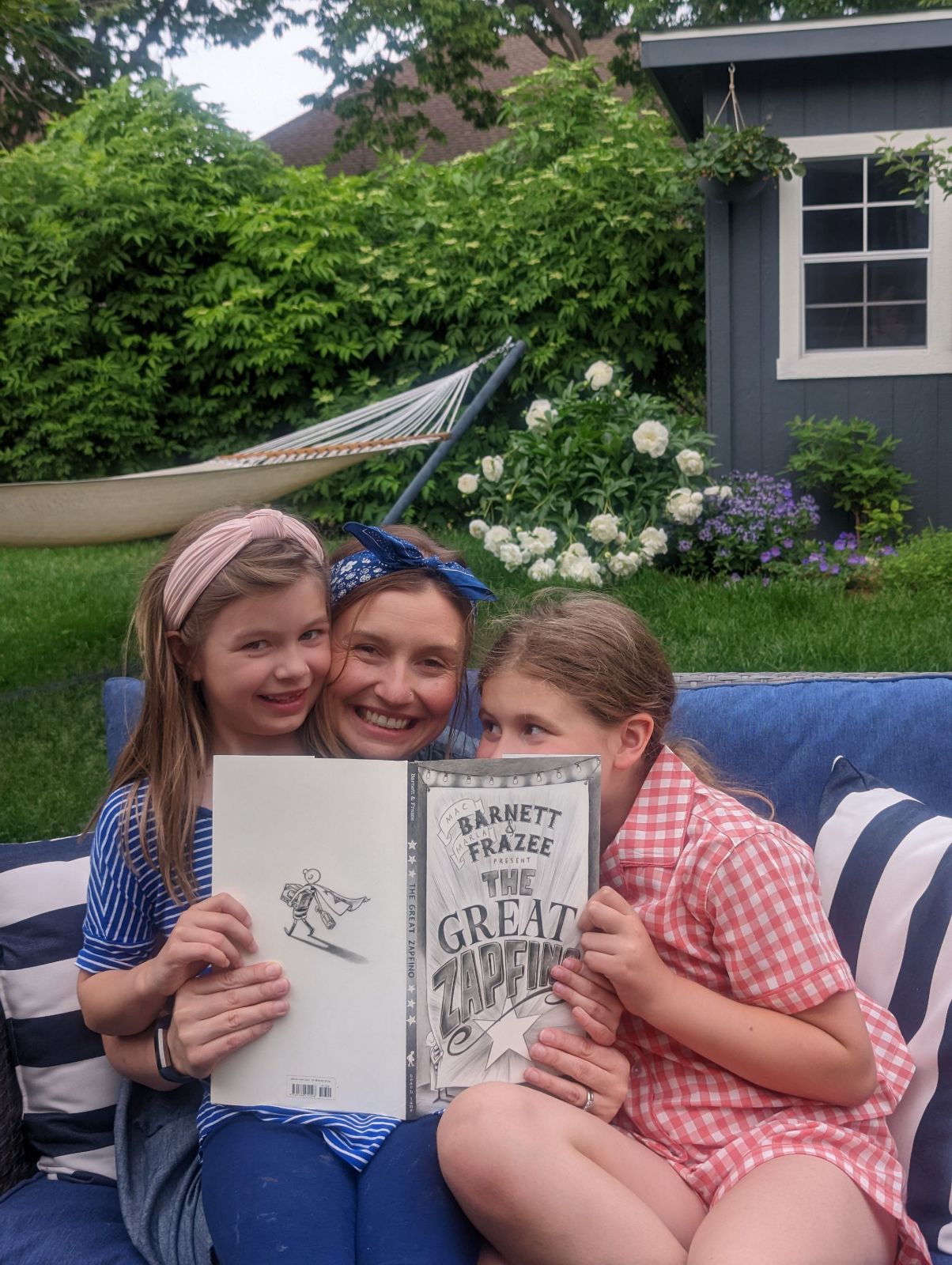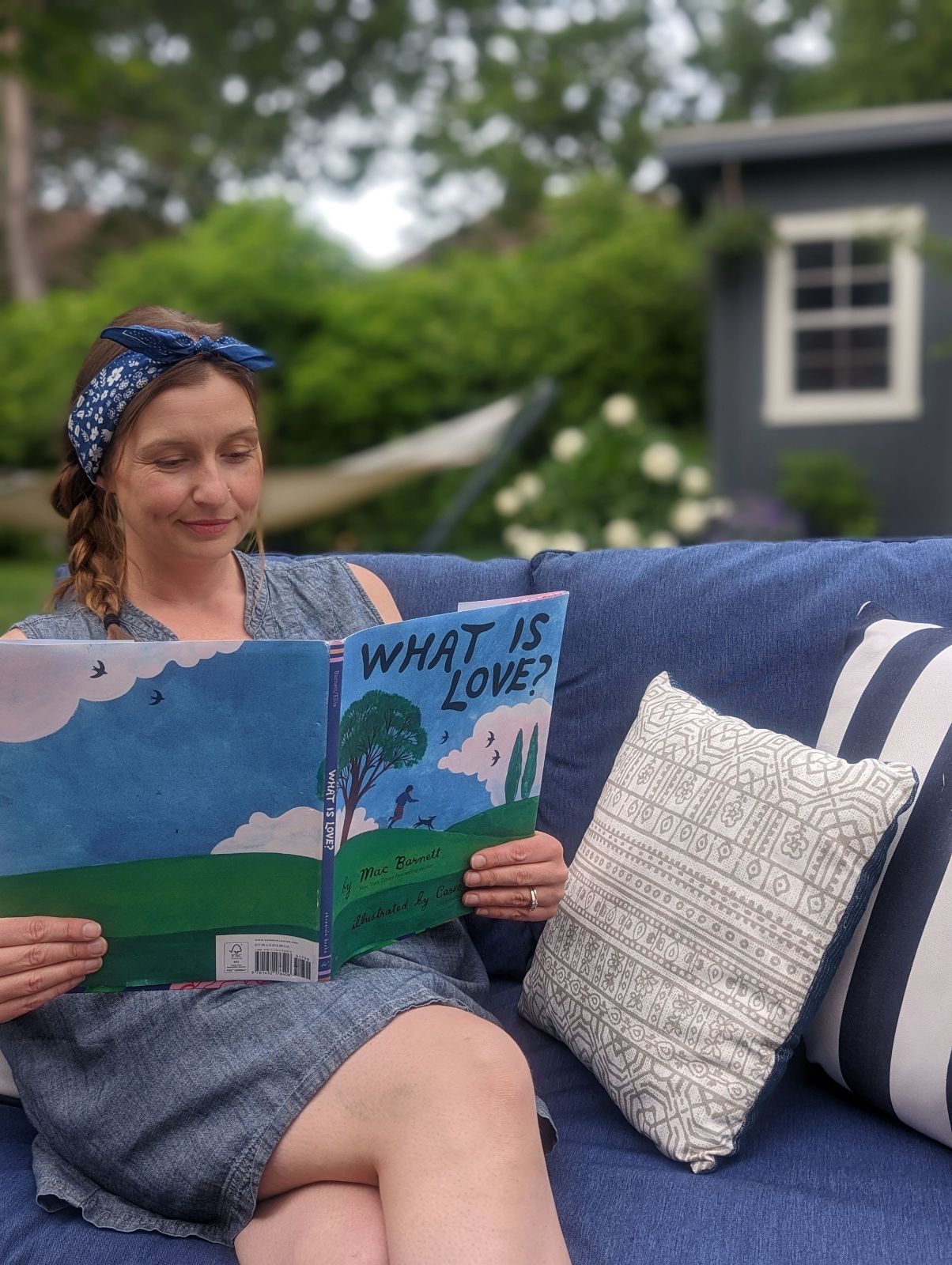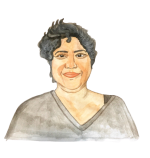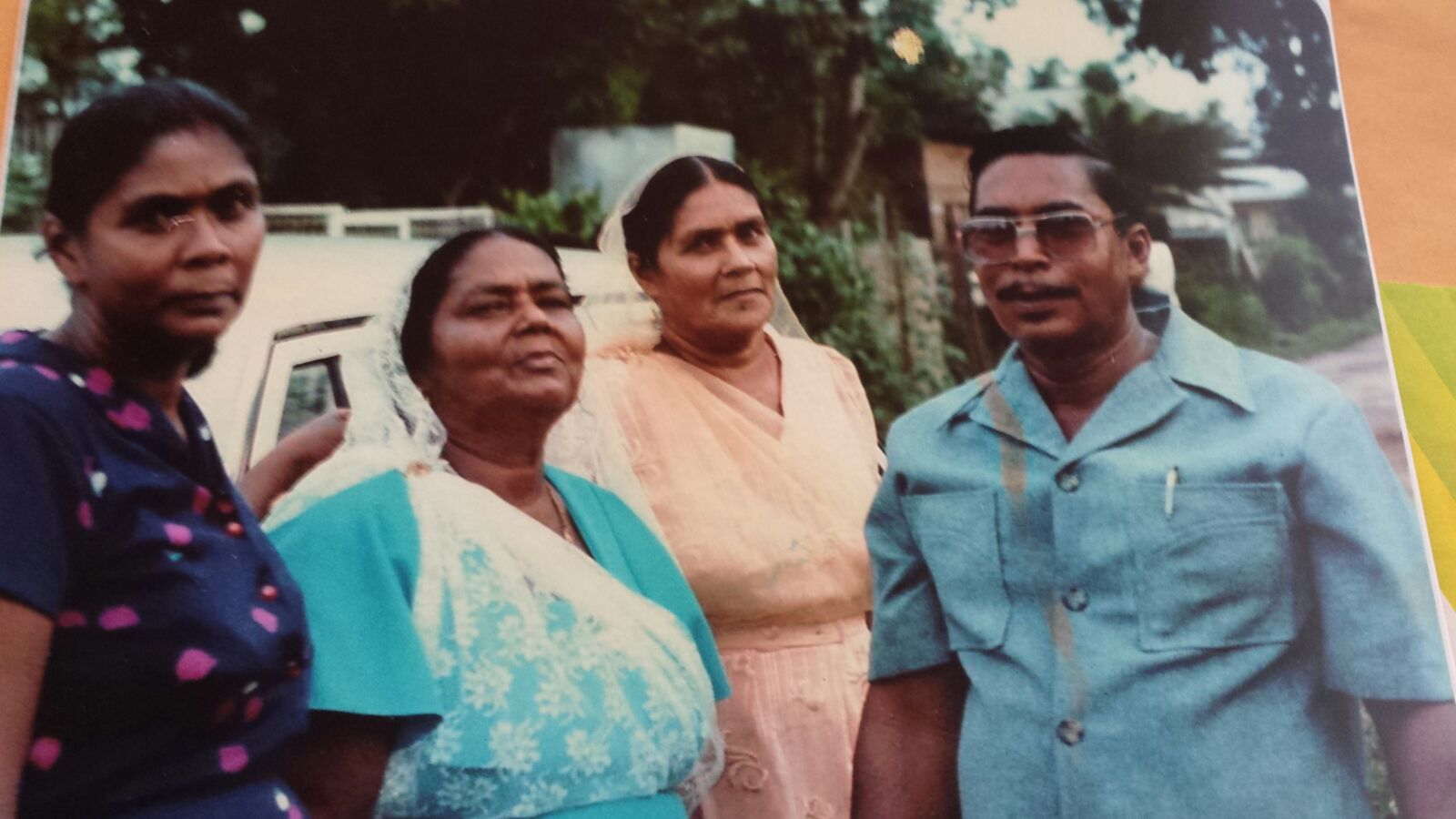My Cake Lesson
The X Page: A Storytelling Workshop
My Cake Lesson
by Tamara Cooper

Once when I was 15, I went to my friend Jenny’s house after school to do our integrated science assignment, which was due the following day. Jenny, who didn’t like doing homework, decided to bake a cake instead of doing our assignment.
“Do you want to help me?” she asked.
“No,” I said. “I don’t know how to bake—and I want to complete the assignment. You go ahead.”
Jenny started taking out the ingredients, the whisk, and the bowl. As she was about to start putting the ingredients together, a friend of hers—a boy—came by. She told me to finish making the cake.
“I don’t know how,” I said.
“Tamara,” she said, “mix all the wet ingredients, then add the cake mix from the package.”
She then went to the veranda to spend time with her boyfriend.
On the counter, I saw three eggs. I broke them one by one into the bowl and then added 250ml of water and 150ml of oil and whipped them together.
As I was about to add the cake mix to the wet ingredients, I heard Jenny’s mother outside. (Jenny’s mother would make several trips home during the day since her business place is nearby.)
“Who is this?” said Jenny’s mother, very loudly, to Jenny and the boy. “Who is the boy you have in my house, gyal? Is this what you should be doing? Or doing your assignment? Answer me before I slap you. Since you want to be treated as a child, I will treat you that way.”
I continued to add the cake mix to the wet ingredients and whipped it into a batter.
Jenny’s mother stormed into the house, cursing at the top of her voice. She walked into the kitchen and saw me.
“Hi Tamara,” she said.
She then told me that I would have to complete baking the cake at my house because Jenny was going back with her to the store. She gave me a container to put the batter in.
Jenny’s mother was so angry, and Jenny wasn’t moving fast enough, so her mom conked her on the forehead. I comforted her, but being rebellious was her middle name, so she moved even slower. I then told her that I would go home and bring the cake to school tomorrow.
I poured the batter out into the container and walked gingerly home, trying not to spill it.
I live approximately three to four blocks away. I was a bit worried, wondering what I would tell my mom because I was supposed to be doing my homework with Jenny. Should I tell the truth or should I tell a lie? I walked slowly. I was so deep in my thoughts I walked past everyone without saying “Hello” or “Good afternoon.”
When I was almost home, I decided to tell her the truth.
After I told Mom what had happened with Jenny, she told me all homework would be done at our home from now on, so she could keep an eye on me. Mom is a dressmaker and is always home.
But I was still standing there holding a container full of batter.
“Can you show me how to bake this cake?” I asked her.
“It’s easy,” Mom said. “Turn the burner, strike the match, and put it in the hole in the oven.”
I went to the kitchen, oiled the bottom of a 12-inch-round baking pan, and poured in the batter.
“Mom!” I shouted, “can you come and help me, please?”
“No, Tamara, you must learn and try for yourself first.”
So, I turned the oven burner and struck the match. As I opened the oven to light it, it exploded. I realized that all the hairs on my arm were burned off. I was so shaken up.
“Moooooooooooommmmmmmmm!”
Mom ran into the kitchen. She explained, while she put the cake in the oven, that you must open the oven first before you strike the match.
Within 35 to 45 minutes, it was done. Even though it was frightening, I was pleased to have baked my first cake. I took a shower, cut a slice of cake, and enjoyed every bit of it.
The next day, I took it to school for me, Jenny, and the rest of our friends to have after lunch. I told them the story about me lighting the oven and that the hair on my arms burned off. Everyone came around me to look at my arms and make sure I wasn’t hurt. When they realized I was okay, they started laughing at me.
For weeks my friends made fun of me.

Read more









